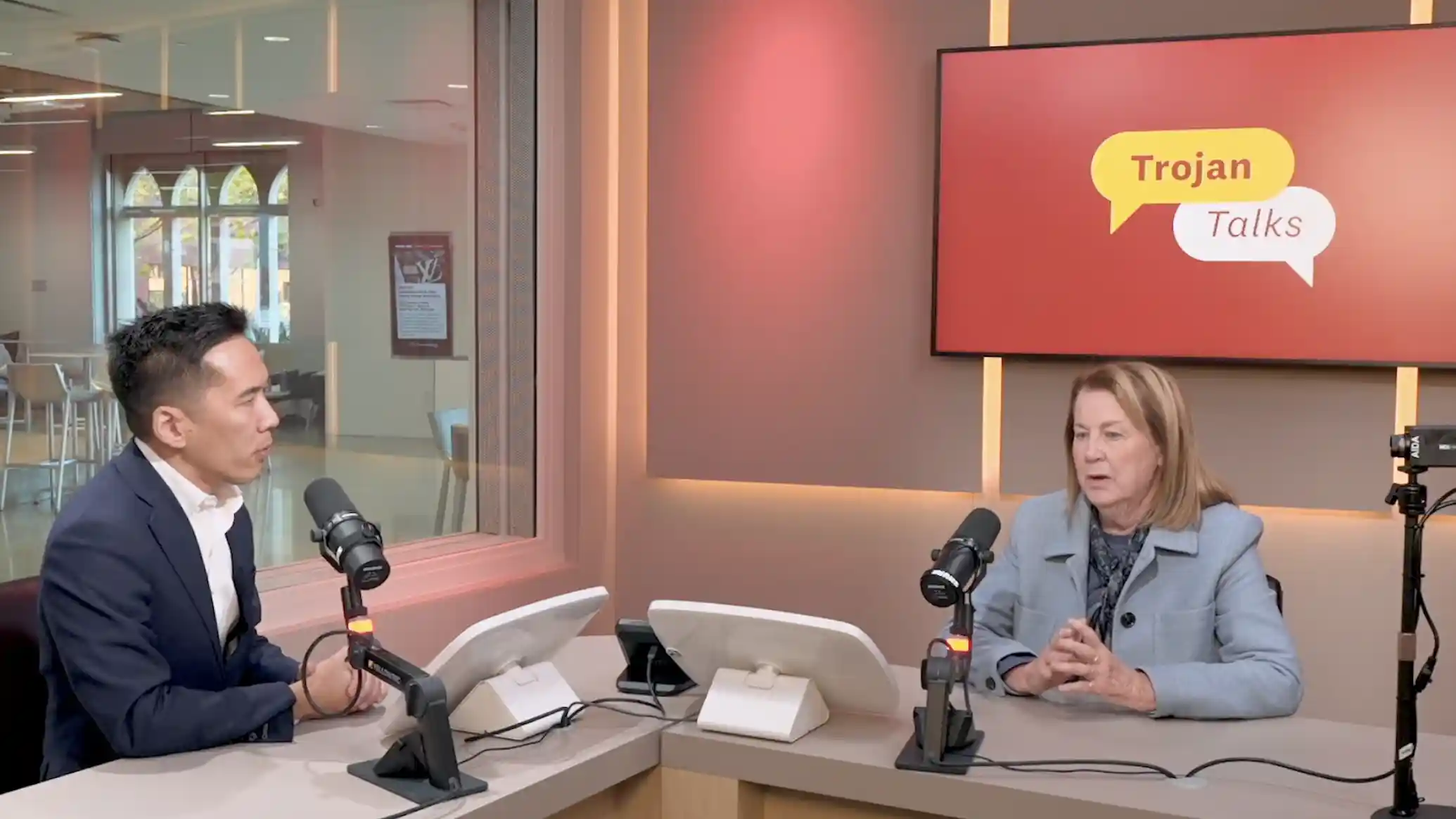Forbes.com quoted Francesca Falzarano on whether smart home tech could be lifesaving for older people living alone, citing the circumstances of actor Gene Hackman’s death.
“Simple smart home tools — like motion sensors (e.g., Ring motion detectors or “Medical Guardian” fall detection systems), daily check-in systems (e.g., Amazon Alexa), or wearables (e.g., an Apple watch) — can serve as critical safety nets that can detect emergencies and track disruptions in routine,” Falzarano said. “From a broader perspective, smart home technologies are a critical tool for augmenting and optimizing the home environment to facilitate independence, safety, and quality of life and promote aging-in-place even in the face of chronic illness or disability. … The challenge is finding the right balance between respecting autonomy and ensuring safety. People want to live independently, but we also need systems that provide visibility, especially when something goes wrong.”










